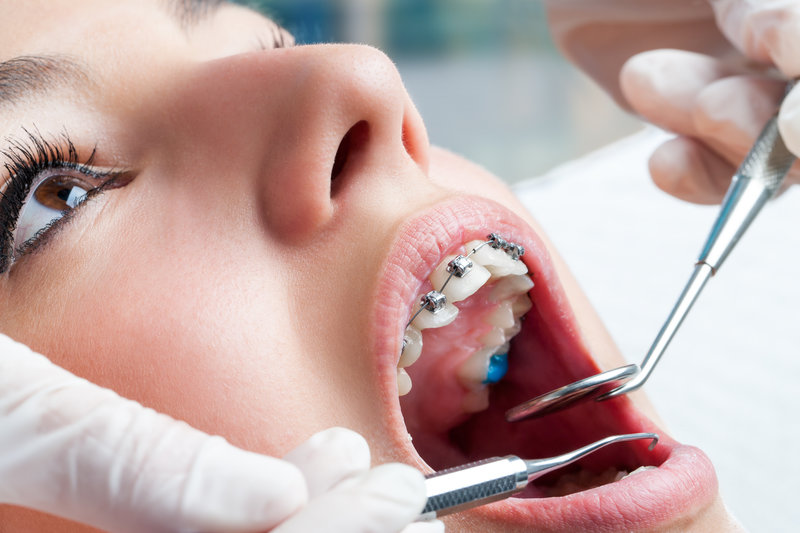Pediatric dental sedation can be a valuable tool for ensuring a positive and stress-free experience for young patients during dental procedures. For children who are anxious about the dentist, have strong gag reflexes, require complex treatments, or struggle to sit still, sedation offers a safe and effective way to manage their anxiety and allow the dentist to perform necessary procedures comfortably. There are several types of sedation available in pediatric dentistry, each offering varying levels of relaxation. Nitrous oxide, also known as laughing gas, is the mildest form of sedation. Administered through a comfortable mask, nitrous oxide produces a light and euphoric feeling, making children feel relaxed and giggly. The effects wear off quickly after the mask is removed, allowing for a smooth recovery. For more moderate sedation, oral medication can be used. Depending on the medication and dosage, children may become drowsy and less responsive to their surroundings, but will typically remain awake. This can be helpful for children who are apprehensive but can still cooperate to some degree with the dentist.

In some cases, deeper sedation may be necessary. This can involve intravenous IV medications or medications administered through the rectum. With deeper sedation, children will likely fall asleep and may not remember the procedure afterwards. This type of sedation is typically reserved for complex procedures or for children with significant anxiety. Regardless of the type of sedation used, the safety and well-being of the child is paramount. Pediatric dentists who offer sedation are highly trained and experienced in monitoring children throughout the procedure. Vital signs such as heart rate, oxygen saturation, and blood pressure will be closely monitored to ensure the child remains stable. Choosing the right type of sedation for your child will depend on their individual needs and the complexity of the dental procedure. A pediatric dentist will discuss all the options with you and answer any questions you may have. Factors such as your child’s age, medical history, temperament, and past dental experiences will all be considered when making this decision.
Sedation dentistry offers several benefits for both children and parents. For children, it can alleviate anxiety and fear associated with dental visits, leading to a more positive dental experience. This can help establish good oral health habits early on. Sedation can also allow for longer and more complex procedures to be completed in a single visit https://www.dentistredmond.com/bellevue/sedation-dentistry/, minimizing the number of appointments a child needs to endure. For parents, sedation dentistry can provide peace of mind knowing their child is comfortable and relaxed during the procedure. It can also allow the dentist to work more efficiently, leading to a shorter overall appointment time. While sedation dentistry is a safe and effective option for many children, it is important to remember that it is not without risks. As with any medication, there can be potential side effects, although these are usually mild and temporary. During the consultation, the pediatric dentist will discuss the potential risks and benefits of sedation with you in detail. If you are concerned about your child’s upcoming dental appointment, talk to your pediatric dentist about sedation dentistry.